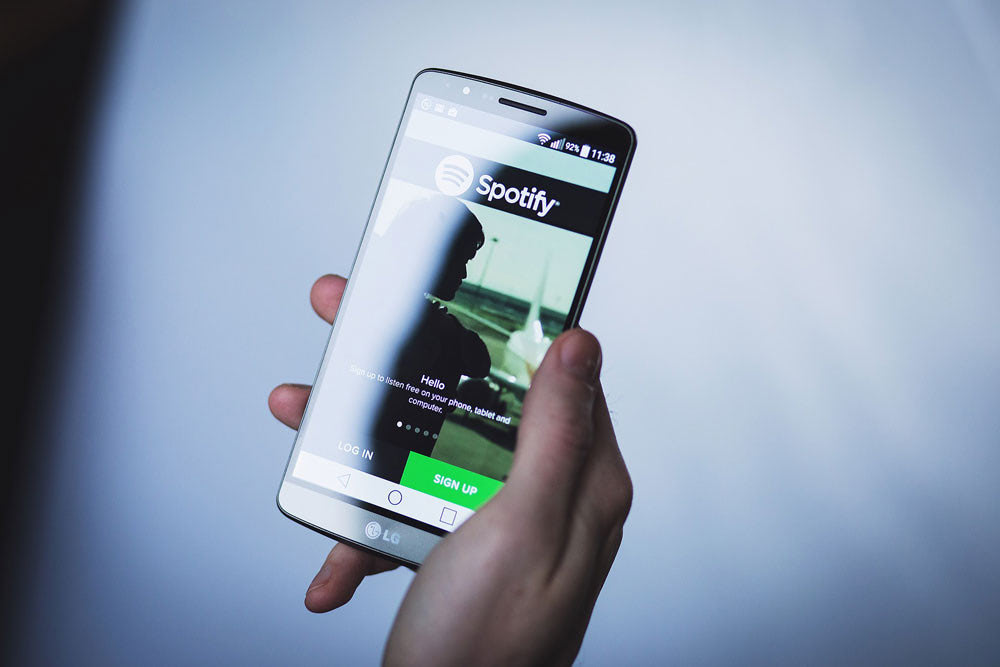Genealogy services have exploded over the past few years, and Spotify is capitalizing on the boom by providing curated playlist based on users’ DNA. Here's what you should know.
If you could listen to your DNA, what would it sound like?
This weekend Spotify announced it has partnered with the world’s largest for-profit genealogy company, AncestryDNA, to launch a new feature which curates your own personal playlist based on your DNA. These genetically-curated playlists will link your Spotify account to your DNA test results, combining the music streaming platform’s personalized recommendations with 'top tracks' based on your genetic heritage.
All you have to do is to sign up for the genealogy platform, send in your saliva sample, and the DNA dealer will input the data into Spotify’s musical generator, which will simply select the playlist with historic music from the countries that feature in your DNA results.
That’s right, thanks to the modern miracle of corporate synergy, you can let your $99 AncestryDNA info dictate a custom clutch of tunes for your next road trip. But what's really at stake here?
The lucrative rise of DNA testing
For centuries, genealogists have relied on oral and written records to trace their family trees. But around the turn of the millennium, the age of DIY genetics testing took off and a growth industry was born. Today industry estimates suggest that roughly 1 in 25 adult Americans have access to their genetic data.
Sure, on the one hand this provided genealogists and family historians with an opportunity to use well-established scientific methods to prove relationships and ancestry, but on the other hand, it created a marketplace.
Make no mistake, this market is expected to be worth £261m by 2022 and is being applied to a broad spectrum of sectors including ancestry, health, beauty, and dating. Some firms in America even provide DNA testing for pets, so dog owners can pinpoint the exact breed makeup of their four-legged friend.
It’s a market largely dominated by large firms, such as AncestryDNA, which last year announced they’d reached four million users on their database, and 23andMe, backed by Facebook billionaire Yuri Milner and Google Ventures. But what about the security implications…
Is DNA the new data?
The public’s fascination with ancestry has led to a boom in businesses specialising in DNA, but it requires the transfer of sensitive information: your genetic data.
The rise of consumer genetics tests has brought up a number of privacy concerns, since they deal with information that’s fundamental and unique to every individual. It poses the question: When you spit into a tube and submit your sample, who has access to that information - and who ultimately owns your DNA?
Therefore it’s important to get a clear picture of who owns that information and who will be able to see it. I mean, we are good at clicking ‘agree’ and not reading the terms of service, right? From there, it’s a matter of how far such terms go.
Then there’s also the question of what it truly means to trust a tech company like Spotify to recommend songs based on your genetic origins, or how DNA could get shared with other companies without your consent.
The fact is, we don’t know how our genetic sequence will be used in the years to come, who will be able to access it, and on what terms. Who knows, in the near future, DNA may be the hottest new currency around.
So for now, you may consider holding off on sharing yours.

Share your thoughts and join the technology debate!
Be the first to comment